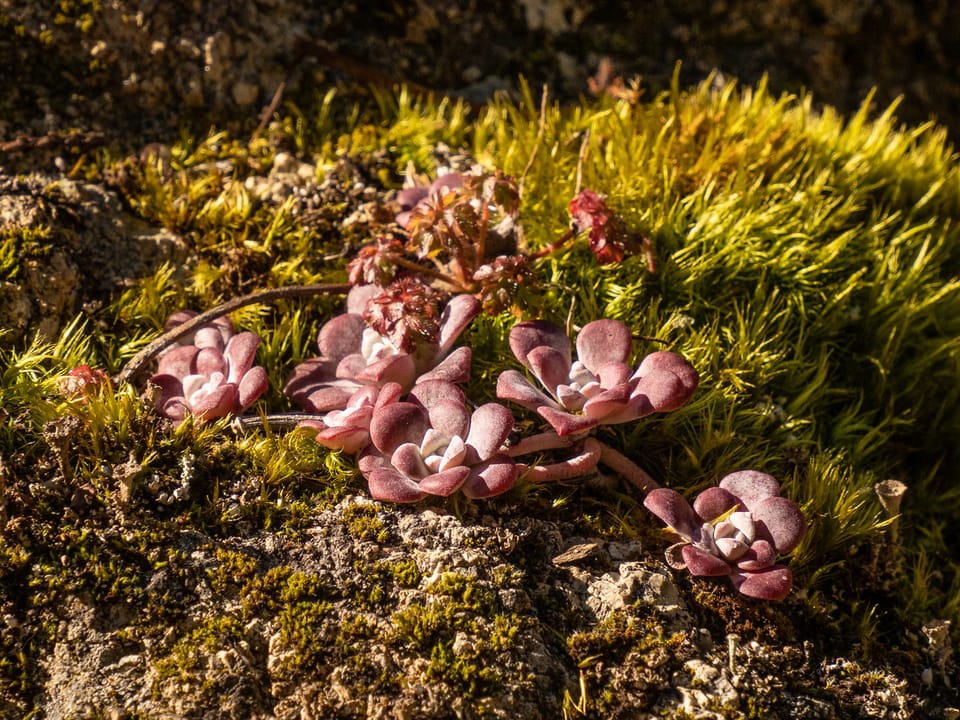EcoWest News, April 12, 2022

Welcome to EcoWest News, a weekly round-up of news and resources that you can put to use in addressing environmental issues and protecting the wild in your community.
Across the West
Construction has begun on a wildlife bridge over the Trans Canada Highway east of Canmore, Alberta. [Global News]
“As climate change reshapes agriculture across the Prairies, it will become even more important for farm leaders — female and male — to think about how they can adopt production practices that will protect the land.” [Alberta Farm Express]
Volunteer scuba divers are monitoring the range, status, and diversity of fish in the Salish Sea. [Phys.org]
Cruise-related visitors account for only 2% of Victoria, BC's tourism spending but leave significant air and water pollution in their wake. [Stand.earth]
To improve services and opportunities for clean energy in remote communities, we need to restructure utilities to overcome the barriers embedded in the way they operate. [Pembina Institute]
Around the World
“Cutting avoidable food waste by half would reduce required food production, taking huge amounts of pressure off farmland, reducing the area required to fulfill American dietary needs, and therefore reducing biodiversity loss—all by about 17%.” [Anthropocene]
5 Normandy communities are saving $$$ by offering street lighting on demand. [Archyde]
Urban planning measures (increased density and live-work neighbourhoods); more efficient buildings; recycled construction materials; and a greater reliance on public transit, EVs, and cycling/walking can put cities at the heart of addressing climate change. [The Washington Post]
Want to repair your own smartphone? Google and Samsung are two of the companies now making parts and repair kits available on iFixit. [The Verge]
A guide from the Union of Concerned Scientists looks at ways scientists can get involved in legal cases involving climate action and how to avoid common pitfalls. [The Equation]
Gardening for Nature
Cosmetic Pesticide Ban Manitoba is advocating against a Government of Manitoba proposal to allow the sale and use of currently restricted pesticides. Members of the public are invited to contact their MLA, write a letter, or share background information with friends and neighbours.
Bat Conservation International’s Guide to Gardening for Bats provides useful tips on how to welcome bats to your backyard with tips such as planting oak trees and moth host plants, turning off outdoor lights, and maintaining dead trees. You’ll find more helpful advice in Alberta Bat’s Building Bat-Friendly Communities guide, which offers plenty of details on bat-friendly gardening.
25% of the world’s peatlands are in Canada. While most are still intact, they face threats from mining, hydroelectric dams, and peat extraction and yet they play a critical role in carbon storage. “The Hudson Bay Lowland, the biggest expanse of peatlands in Canada, is believed to store 30 gigatonnes of carbon, more than in all of Canada’s ‘managed’ boreal forest.” [Global Peatlands Initiative]
What can you do? Buy or make peat-free potting soil. If it’s not available at your local garden centre, request they order it in. The Manitoba Master Gardener Association explains why this is so important.
Support local advocacy groups: Protect Manitoba Peatlands (Wilderness Committee) and For Peat’s Sake (Saskatchewan)
Nature’s Wonders
A 5-minute video showcases 4 eye-catching BC ducks – wood, northern pintail, harlequin, and surf scoter. [video, CBC Vancouver]
Up to 50,000 eagles spend the winter on the BC coast, but they’re struggling to find nest sites. Conservationists are fundraising for an artificial tree post to support an eagle nest that is over 10 years old. [CBC British Columbia]
Photo credit: https://www.flickr.com/photos/apmckinlay/51969205207/
EcoFriendly West informs and encourages initiatives that support Western Canada’s natural environment. Like us on Facebook, follow us on Twitter, or subscribe by email.

Member discussion